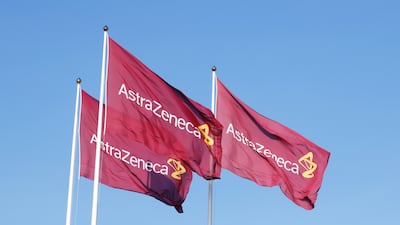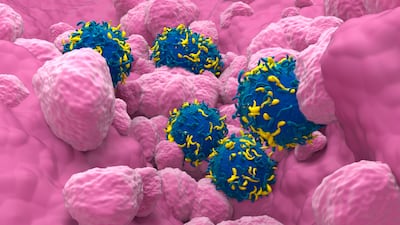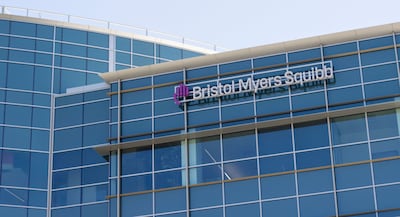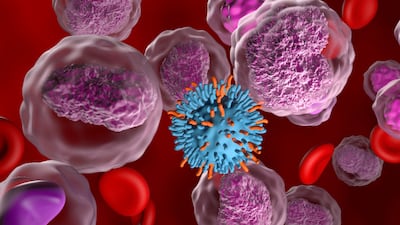ADVERTISEMENT
ImmunoOncology

The exact causes leading to Chinese authorities’ investigation of the UK major remain unclear at this point, but its key oncology drugs are facing fierce local competition from homegrown rivals.

The TCR therapy showed strong efficacy and durability in patients with previously treated melanoma. A Phase III pivotal trial is due to start in December.

PD-1 inhibitor Opdivo has obtained US FDA approval for pre- and post-surgical treatment in operable non-small cell lung cancer, but Merck and AstraZeneca got there first.

The biotech is cutting jobs and discontinuing development of its anti-CD47 bispecific for blood cancers and moving its focus to SL-325, which targets the TL1A-DR3 axis in autoimmune diseases.

New data from CARTITUDE-4 show a survival benefit in patients with lenalidomide-refractory patients as early as the second line, along with Carvykti being studied for frontline use.

The US FDA Oncology Center of Excellence head also urged companies to commit to offer their PD-L1 drugs to certain patients free of charge via compassionate use if the gastric and esophageal cancer labeling is modified.

Nine months after Bristol Myers Squibb’s LAG-3/PD-L1 combination Opdualag failed a Phase III trial in microsatellite stable metastatic colorectal cancer, Merck & Co's fixed-dose combo of favezelimab and Keytruda has suffered the same fate in the indication.

Recent ODAC meetings suggest the FDA will expand focus beyond applications with pending approval decisions to refining trial designs and drug labels for competitors.

Amgen’s Imdelltra for small-cell lung cancer is one of two bispecific T-cell engagers approved for solid tumors, but data at the WCLC meeting show other DLL3-targeting BiTEs may be on the way.

Gilead’s divestment from a 50-50 joint venture with local partner, which came to light recently, will leave China’s cell therapies market under the total control of domestic players in the coming years.